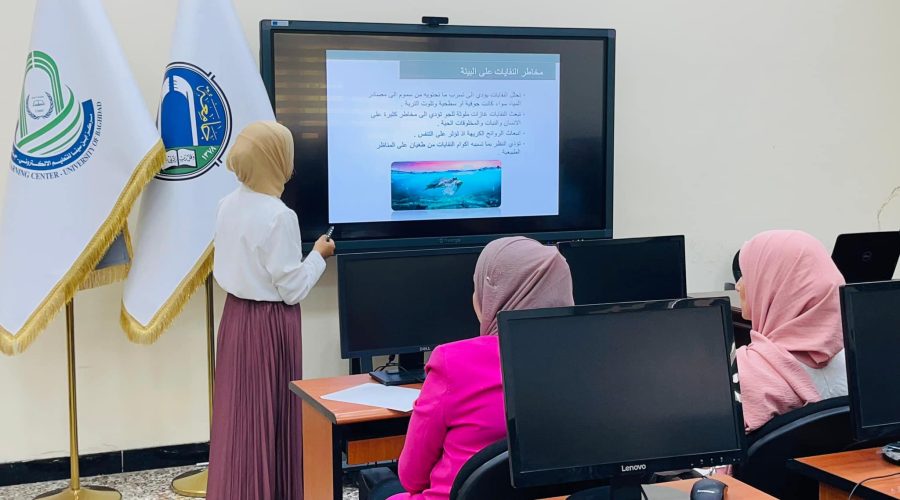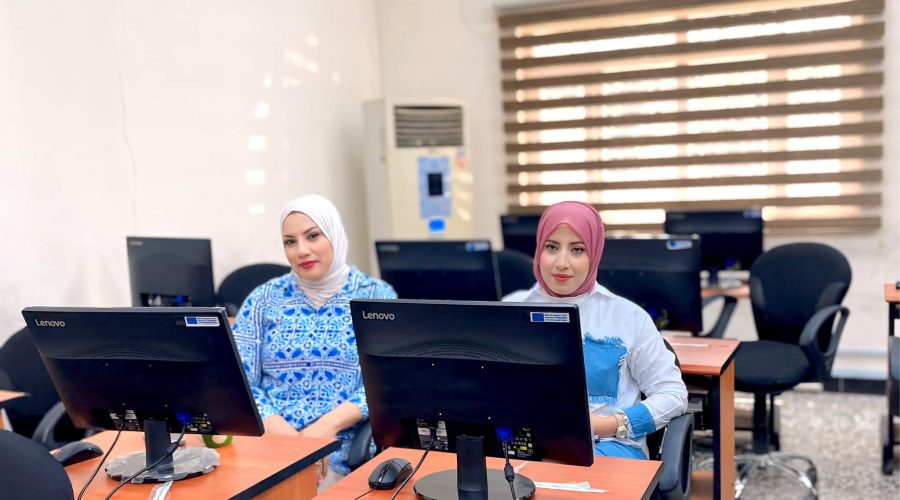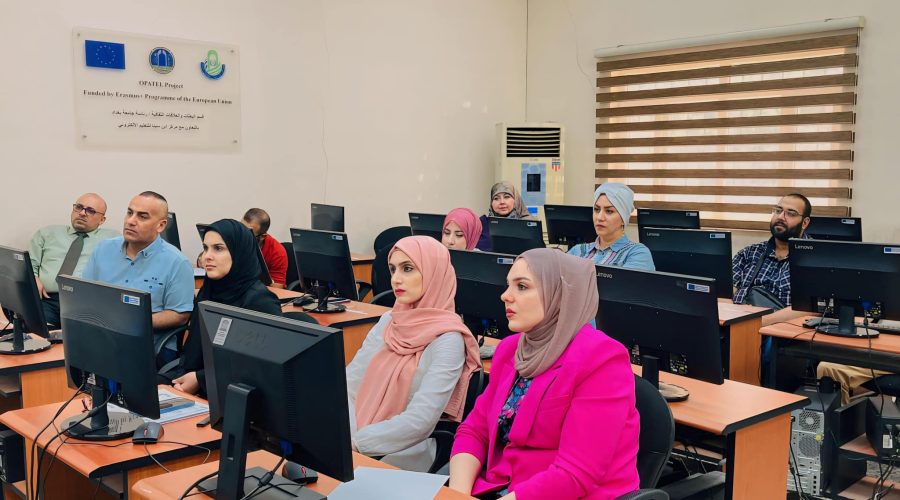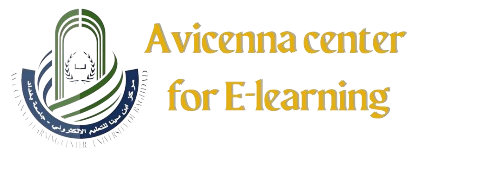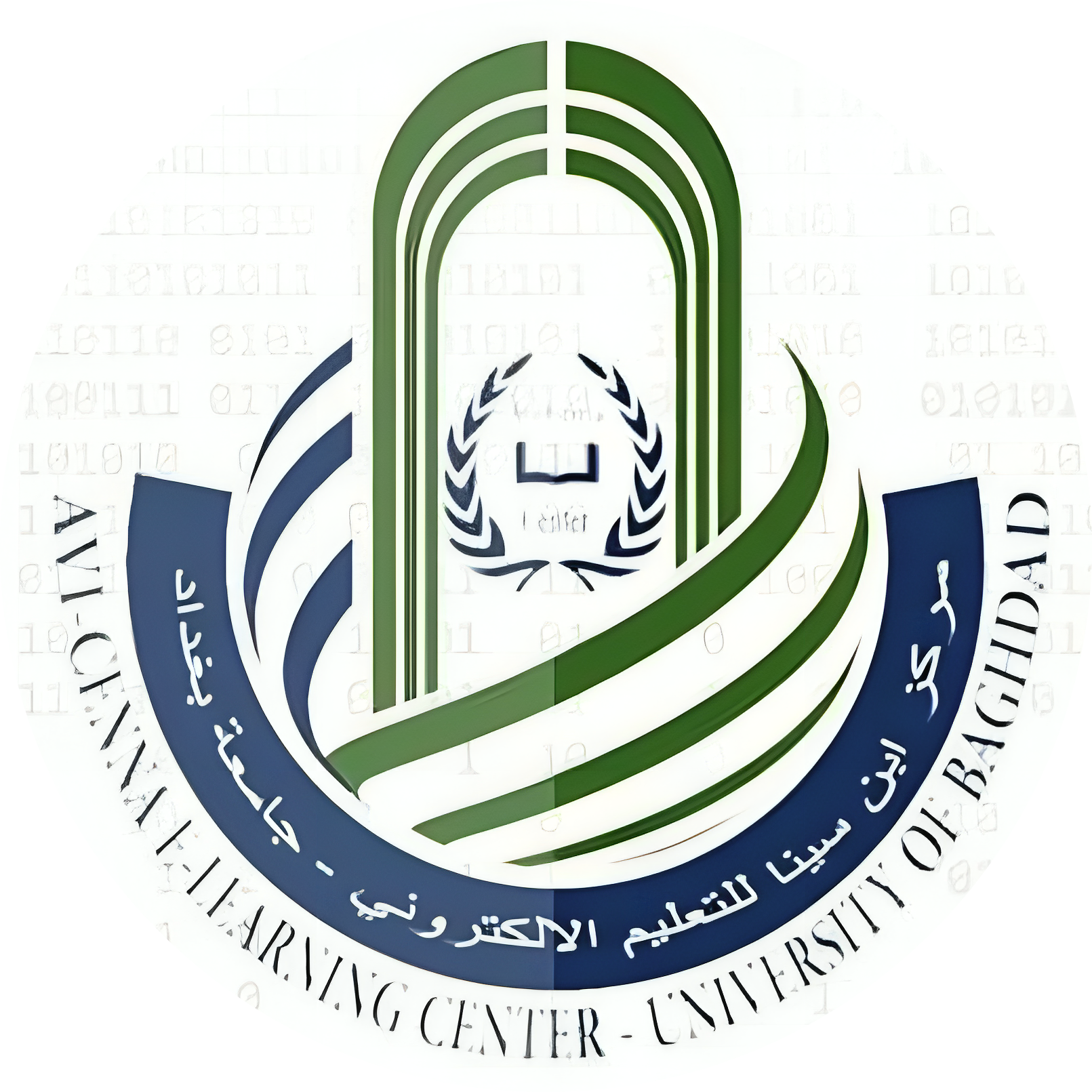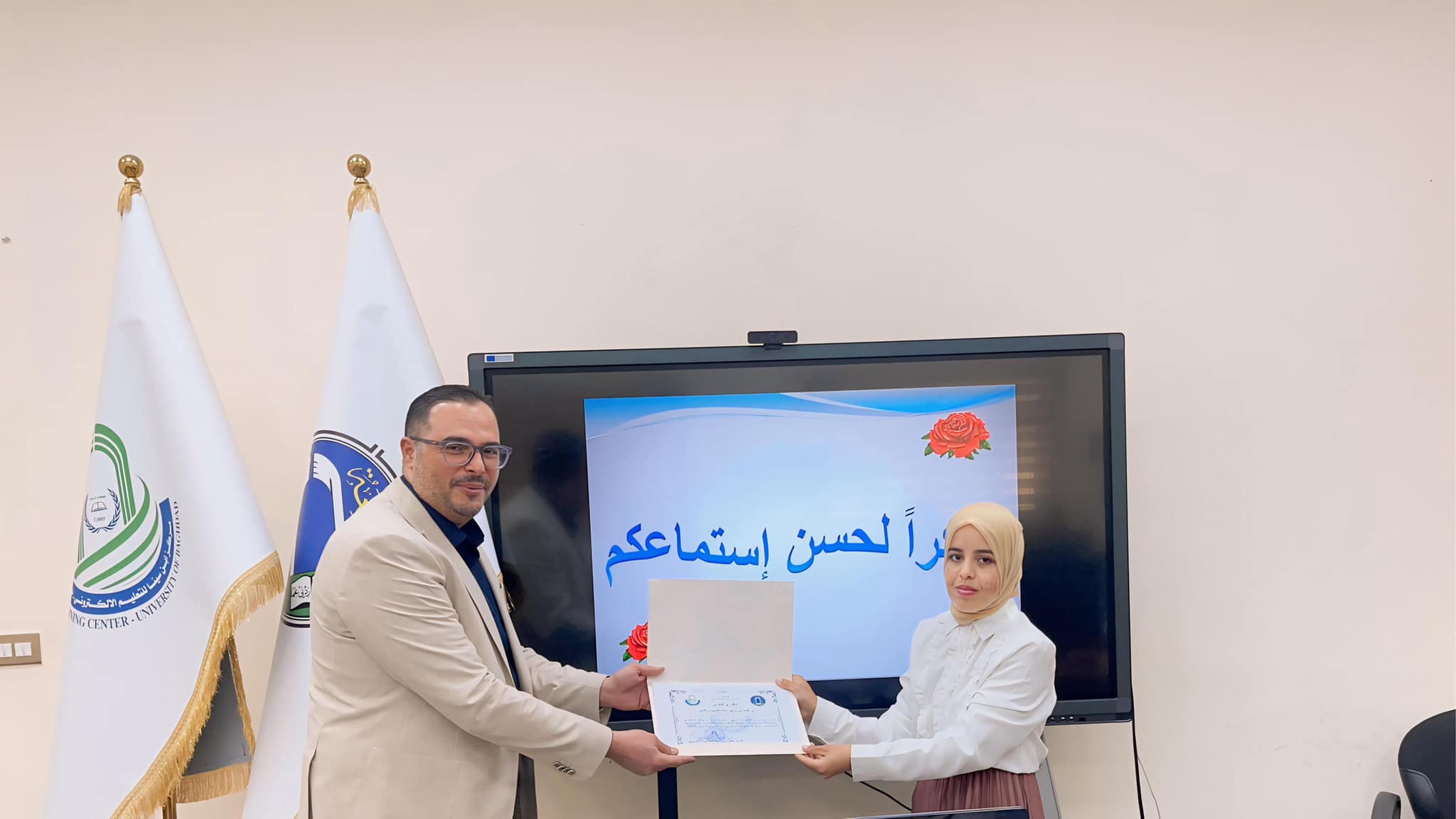The Avicenna Center for E-Learning at the University of Baghdad hosted a scientific workshop titled “Environmental Awareness of Waste Exploitation and Its Impact on Sustainable Development” on Sunday, June 9, 2024. The session was led by Assistant Agricultural Engineer Ayat Mahmoud Ibrahim.
The workshop’s primary goal was to highlight the environmental risks posed by various types of waste, including ordinary, commercial, industrial, medical, chemical, and agricultural waste. Ibrahim explained that waste decomposition leads to toxic leaks into water sources and the emission of harmful gases, among other hazards.
She also discussed the benefits of recycling, noting that it reduces pollution, lessens the demand for raw materials, generates significant economic benefits, and creates job opportunities.
In conclusion, Ibrahim advocated for the establishment of recycling plants and the implementation of an initial waste sorting process using designated containers for glass, paper, and plastic waste. She suggested imposing fines on citizens who fail to comply with waste sorting regulations. Additionally, she proposed the use of vacant land in residential areas and along roads for constructing houses, service buildings, and parks to prevent illegal dumping. Daily municipal waste collection and the employment of workers in the recycling process were also emphasized as means to create jobs for young people.
